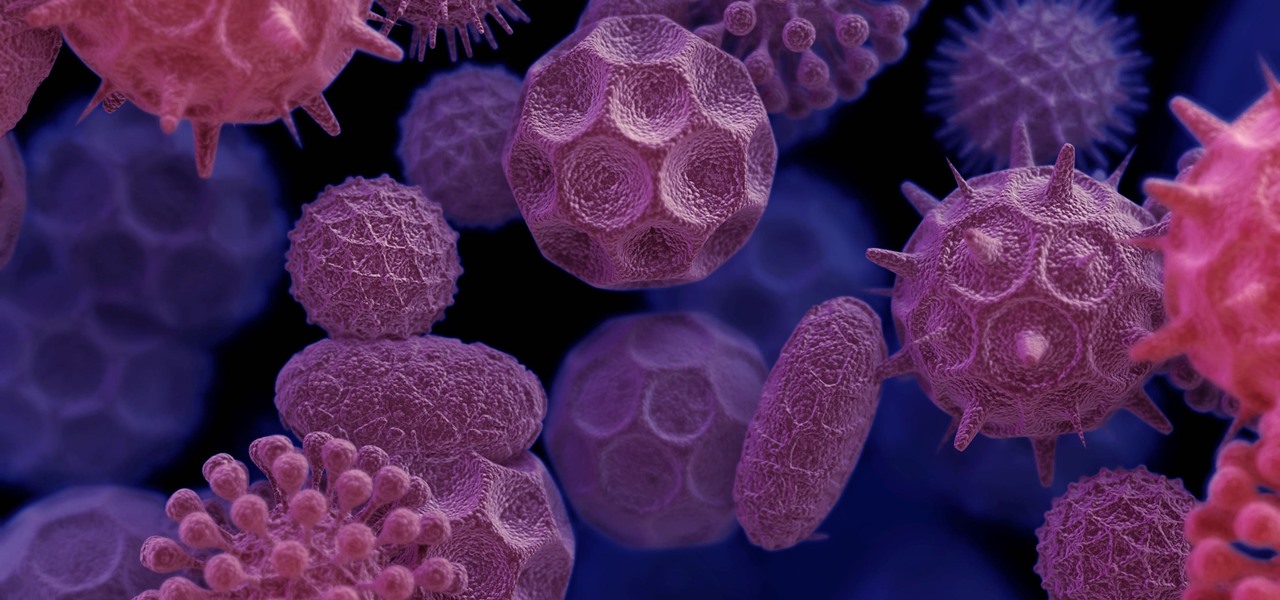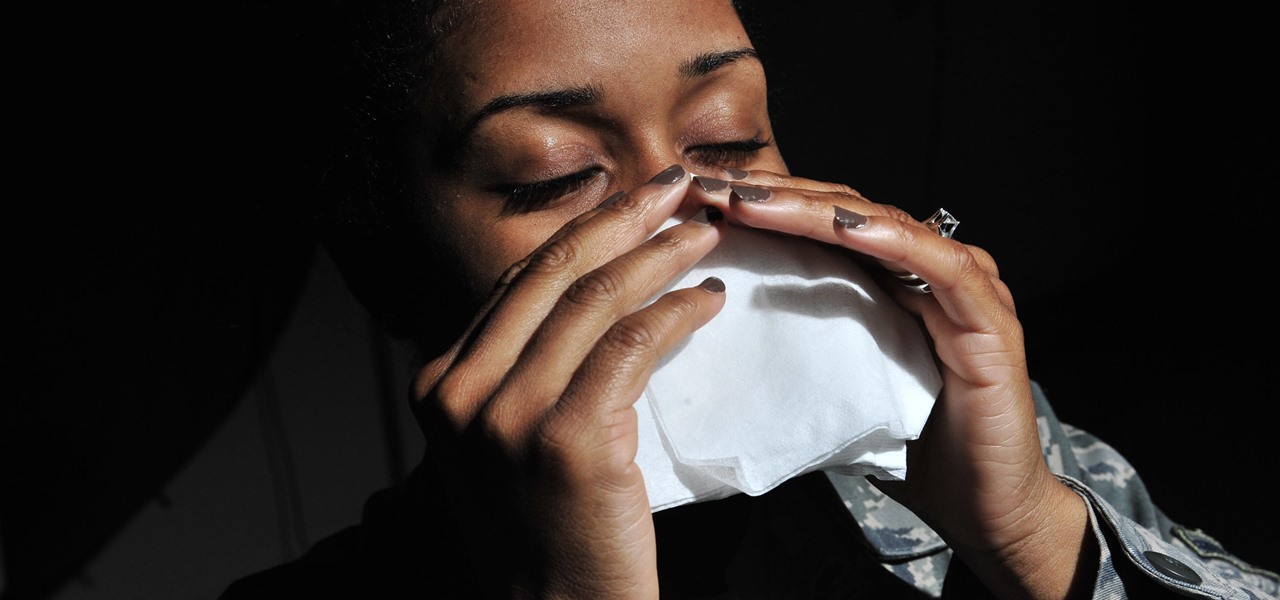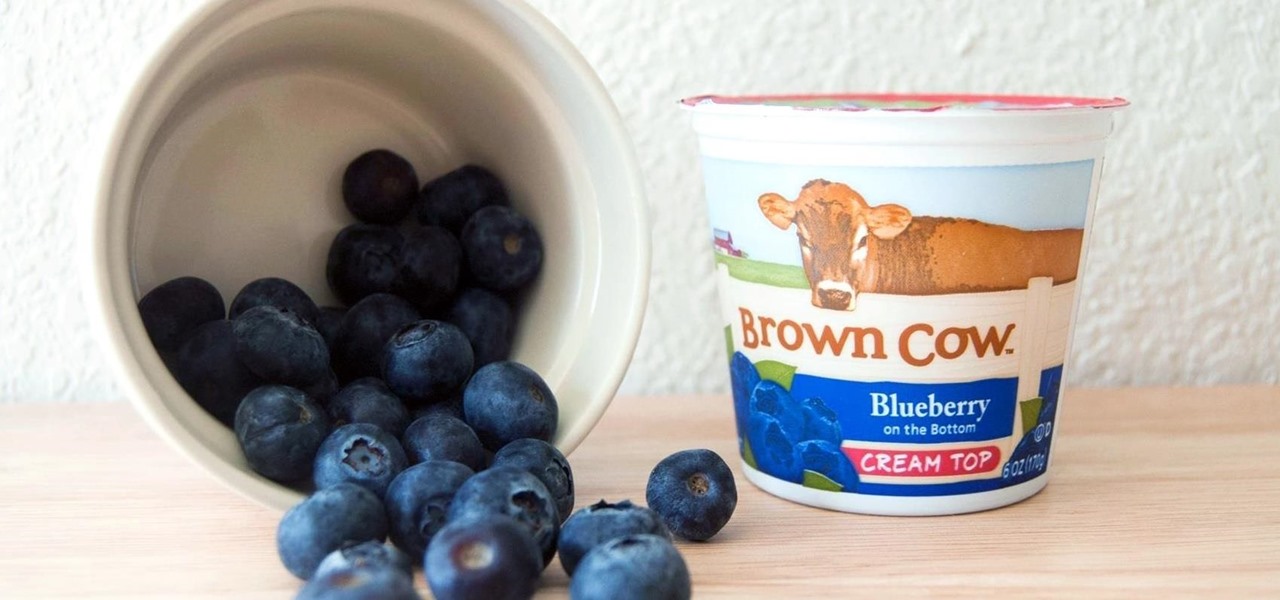Invisiverse Features

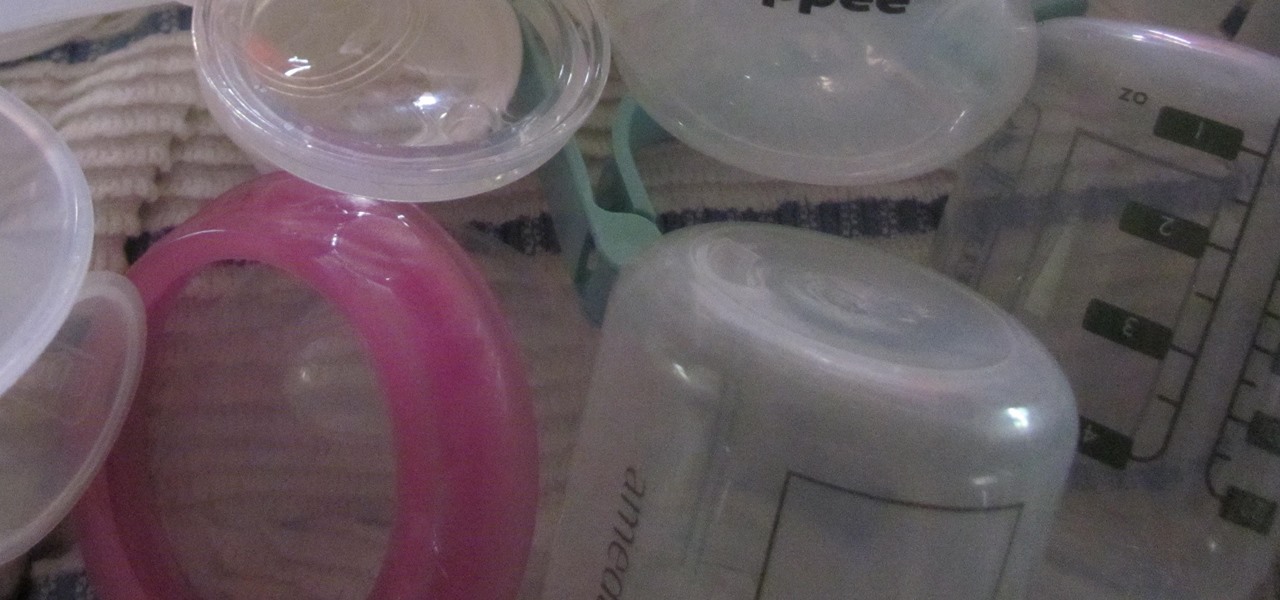
News: Contaminated Breast Milk Devices Lead to Devastating Infant Injury
Foodborne infections often occur through the contamination of equipment, food-prep tools, and unsanitary surfaces. A recent report from the Centers for Disease Control and Prevention (CDC) reminds us that breast pump parts are part of the food-delivery chain — and they can become contaminated too.

What You Need to Know: The Dangerous Impact of Herpes Simplex Virus (HSV) During Childbirth
The herpes simplex virus (HSV) can cause devastating complications for infected newborns whose mothers have genital herpes. Understanding risk and research can help you, and your baby, when the time comes.
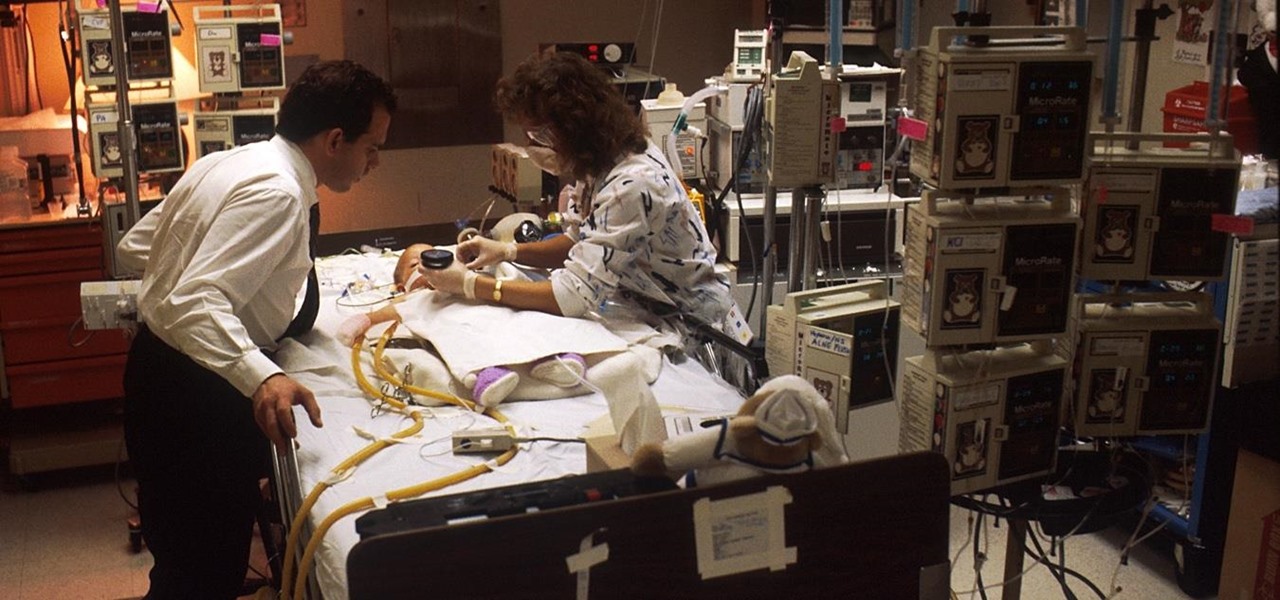
News: Every Hour Untreated Sepsis Survival Drops 4% — Here Are the Symptoms to Watch For
Twelve-year old Rory Staunton took a dive for a basketball during gym class and came up with a cut on his arm. The school nurse applied a couple of band-aids, without cleaning the cut, and off he went. In approximately three days, hospital physicians told his parents there was nothing else that they could do for their son; he was dead.
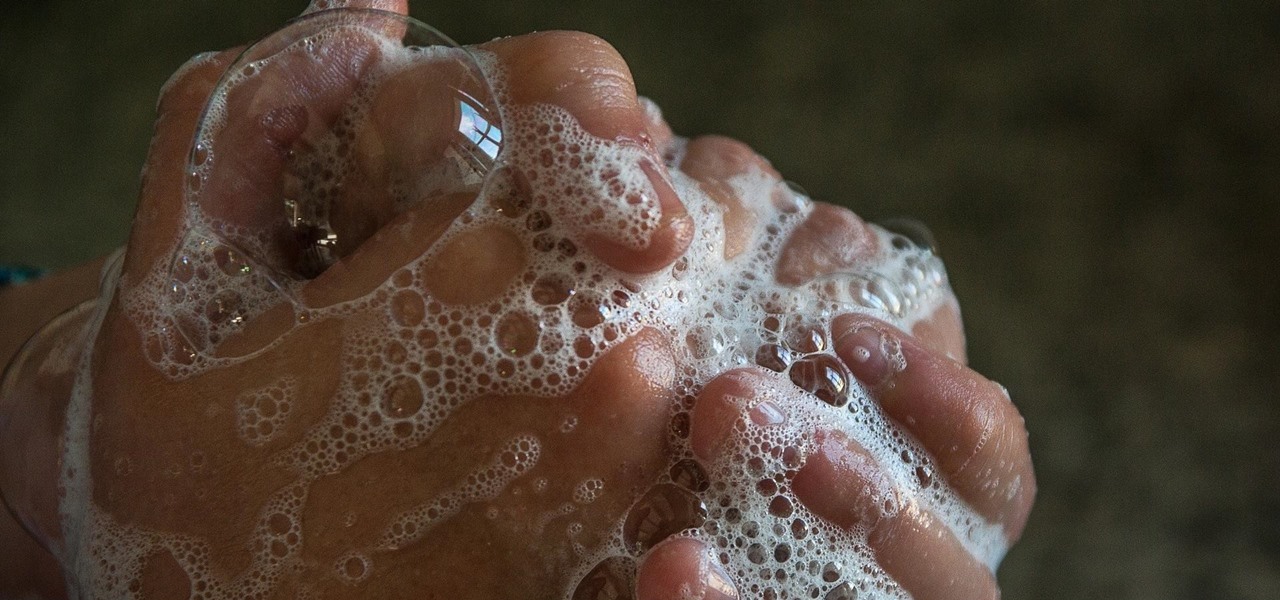
News: Skip the Antibacterial Soap — It Isn't Helping & It Could Cause Problems
The best go-to method for reducing your risk of infection is to wash your hands. Next time you reach for the soap, here is some news you can use.
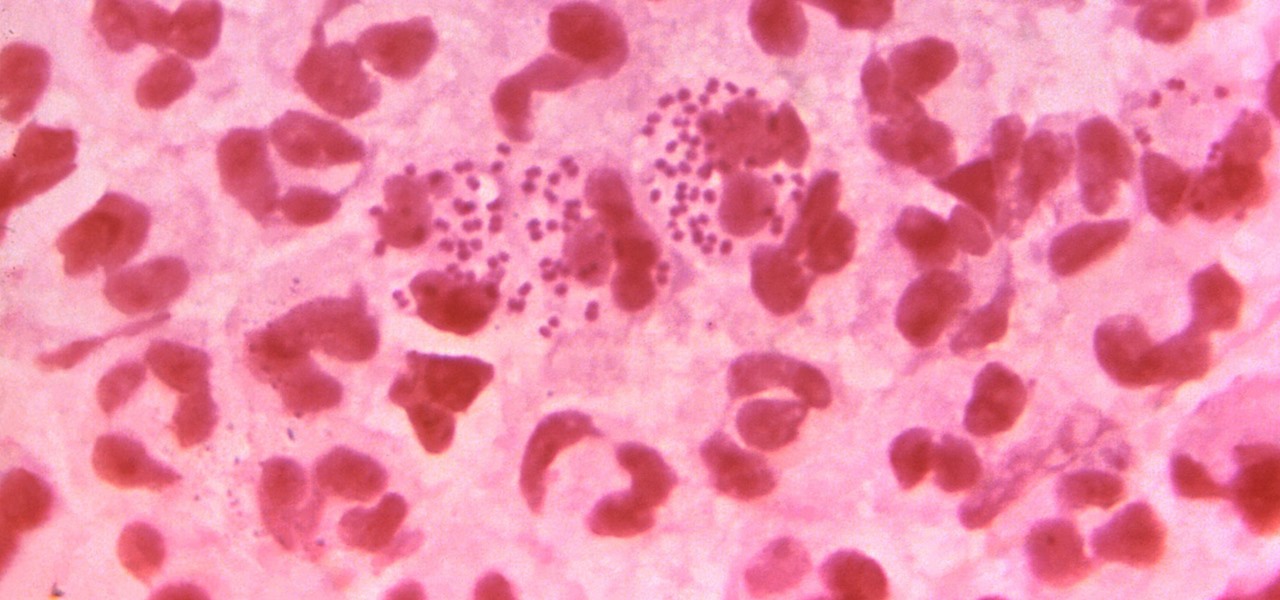
News: Untreatable 'Super Gonorrhea' Spreading Like Wildfire — Luckily, It May Have a New Opponent
In the race to outsmart "untreatable" antibiotic-resistant gonorrhea, one of the three new treatments on the track is about to enter Phase 3 clinical trials. Hopefully, it'll be widely accessible sooner rather than later, for the 78 million people who are diagnosed with gonorrhea each year.
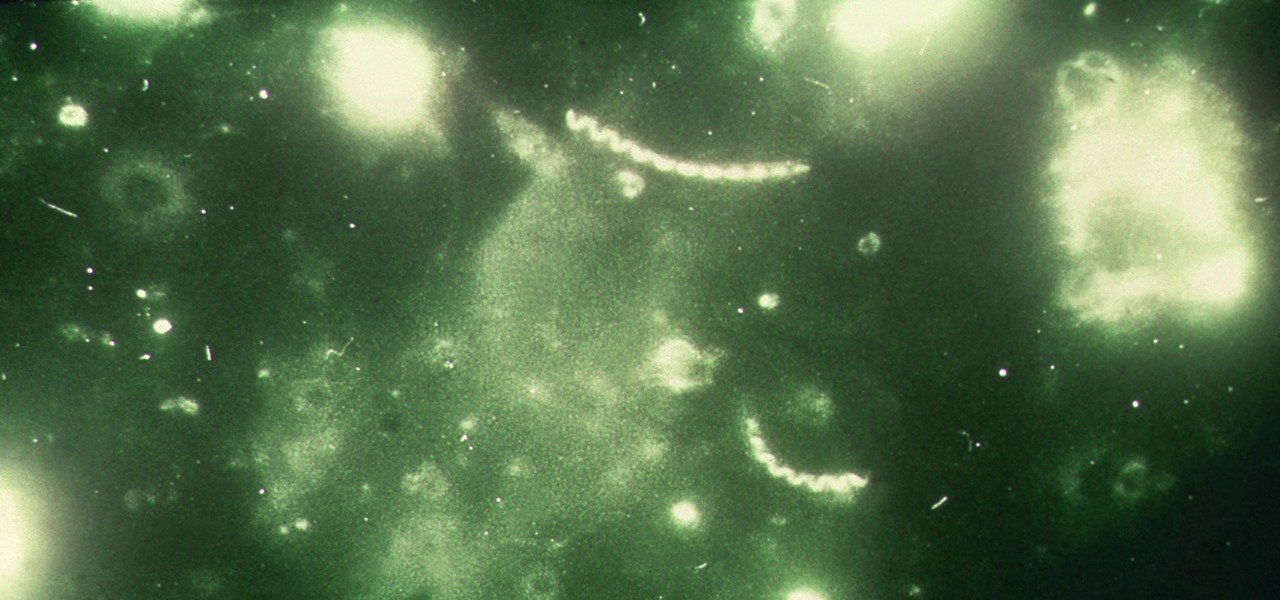
News: Syphilis Has Returned with New Drug Resistance
What do Leo Tolstoy (writer), Beethoven (composer), Paul Gaugin (artist), and Adolf Hitler (politician) have in common? They are all considered to have suffered from the sexually transmitted disease syphilis.

News: We Know You Want To, but You Really Shouldn't Be Kissing Your Pet on the Mouth
If you live with pets, you know where their tongue has been, yet you let them kiss and lick you all they want without even thinking twice about it. I've heard people say that a dog's mouth is very clean, and that their saliva, delivered by licking, can help heal wounds, but is that really true?
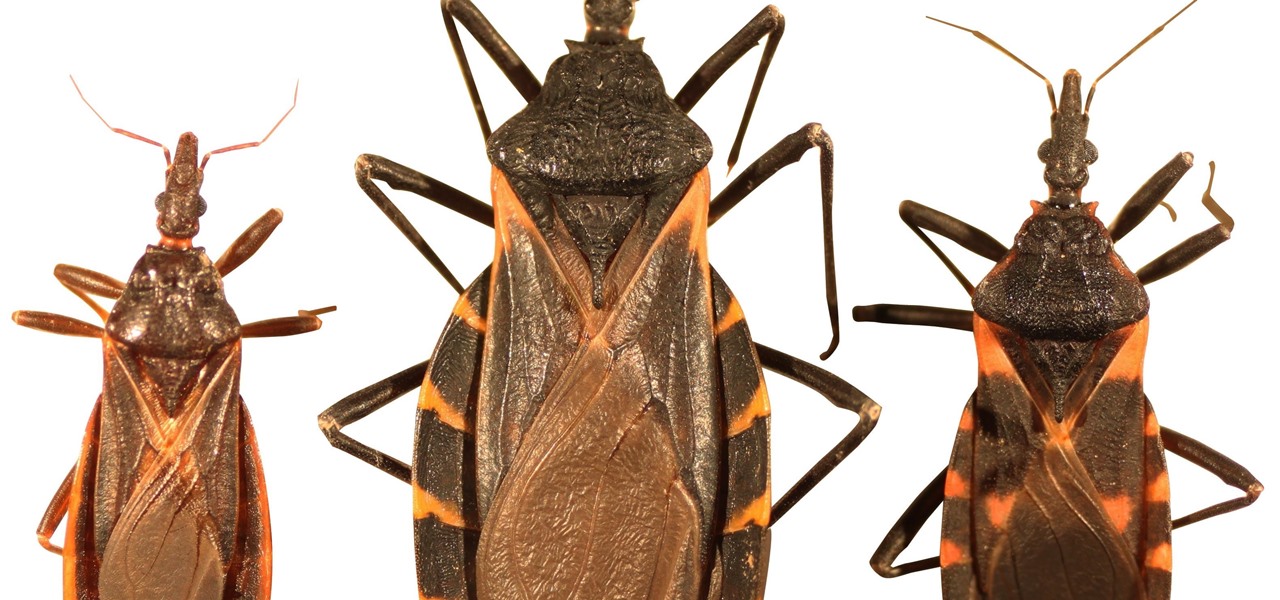
News: Heart-Damaging 'Kissing Bug' Parasite Infects Thousands a Year in the US — & You May Not Know Until It's Too Late
Take a close look at the image above. These bugs spread a deadly parasite that infects thousands of people each year. They also live in the US, and it's important to know where they are and whether you need to worry that they're carrying a dangerous infection.

News: Stealthy Bacteria Is Unexpected Cause of UTIs That Keep Coming Back
Most females have had at least one urinary tract infection in their lifetimes. Recurrent UTIs are particularly problematic in young, sexually active women, where about 80% of the infections are caused by the bacteria Escherichia coli, better known as E. coli.
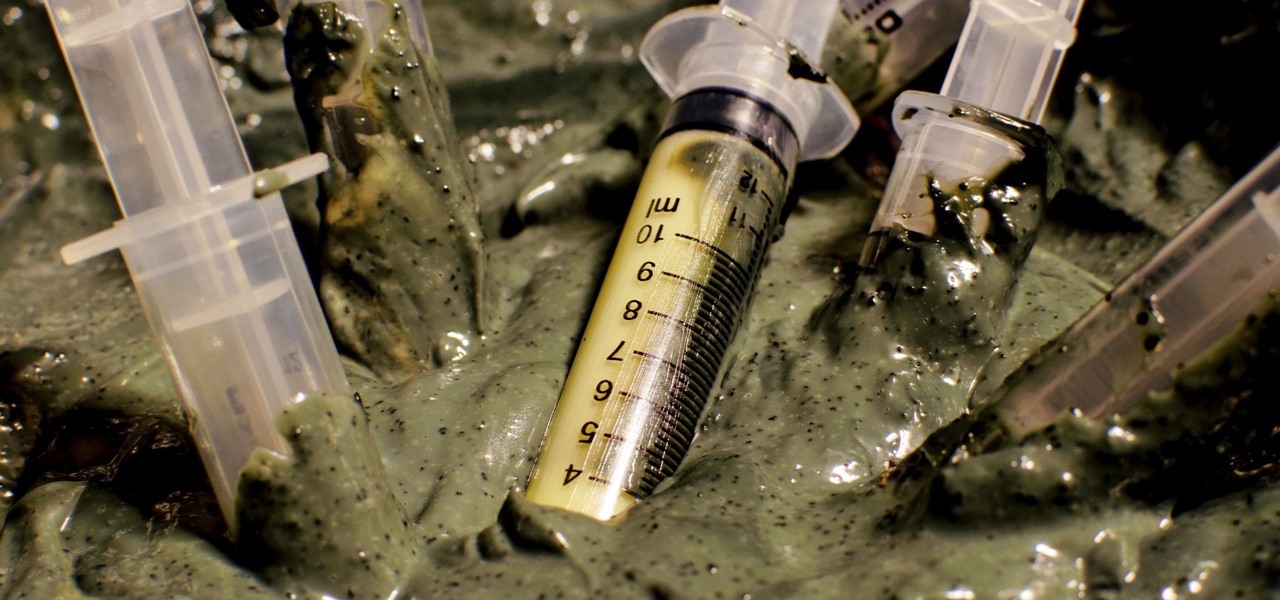
News: Fecal Transplants to Cure Infections — A Modern Take on a 1,700-Year-Old Idea
Bacteriotherapy sounds a lot more amenable of a term than "fecal transplant," yet they're both treatments that use bacteria itself to cure or treat infections. Fecal transplants, specifically, are an up-and-coming treatment option for a potentially deadly and difficult-to-treat diarrheal infection called Clostridium difficile.

News: What to Do if You Think Your Child Has Lyme Disease
Primarily caused by the bacteria Borrelia burgdorferi, Lyme disease is the most common tickborne disease in the US. By all predictions, 2017 is expected to be a banner tick year in several regions. If you have children, it is important to know what to expect.
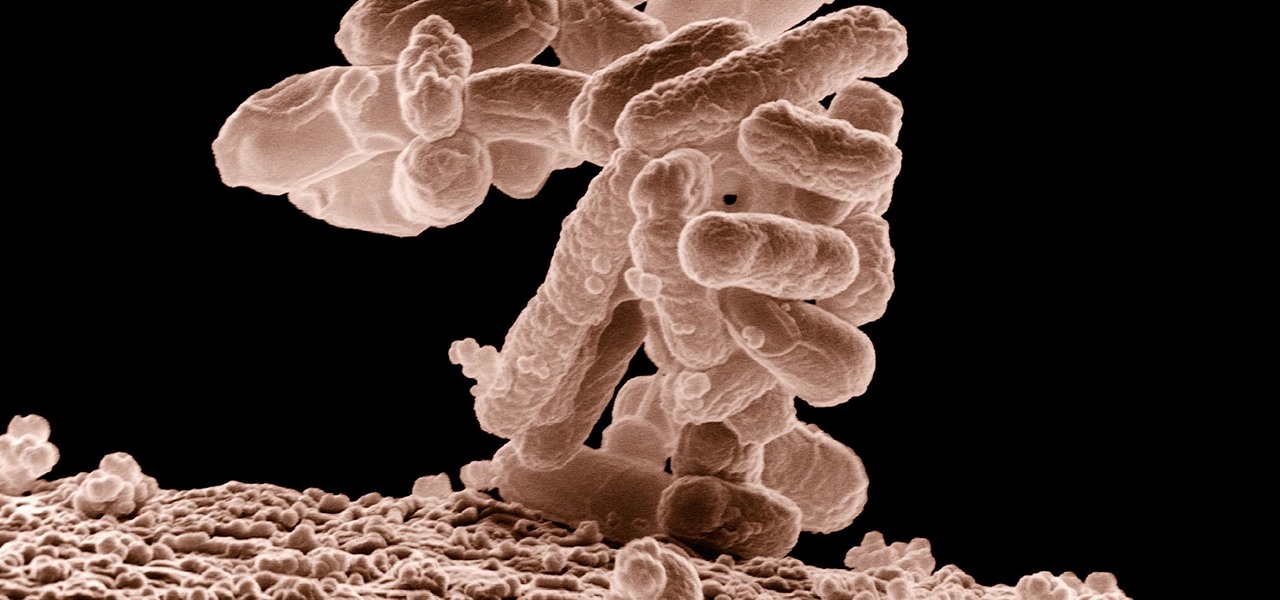
News: Terrifying Superbug CRE Is Spreading Out of Hospitals
A terrifying antibiotic-resistant superbug, one thought to only infect hospital patients, has made its debut in the real world. For the first time ever, the superbug carbapenem-resistant Enterobacteriaceae (CRE) infected six people who hadn't been in or around a hospital in at least a year, and researchers aren't sure how they got infected.

News: You're Eating Mold & You Don't Even Know It
Koji is a culture made up of a certain fungus (mold) called Aspergillus oryzae, which has been used to ferment rice and soybeans in Japanese, Chinese, and Korean kitchens for centuries. Koji can actually have other involved fungi, but Aspergillus oryzae is the most common, and therefore the names can be used interchangeably. Its end purpose is to enhance the flavor of items like soy sauce, sake, and miso.

News: Monthly Injection Has Potential to Replace Daily Handfuls of HIV Drugs
People infected with HIV take many different types of pills every day to decrease the amount of virus in their body, live a longer and healthier life, and to help prevent them from infecting others. That could all be in the past as new clinical trials testing the safety and effectiveness of a new type of treatment — injections given every four or eight weeks — look to be equally effective at keeping the virus at bay.
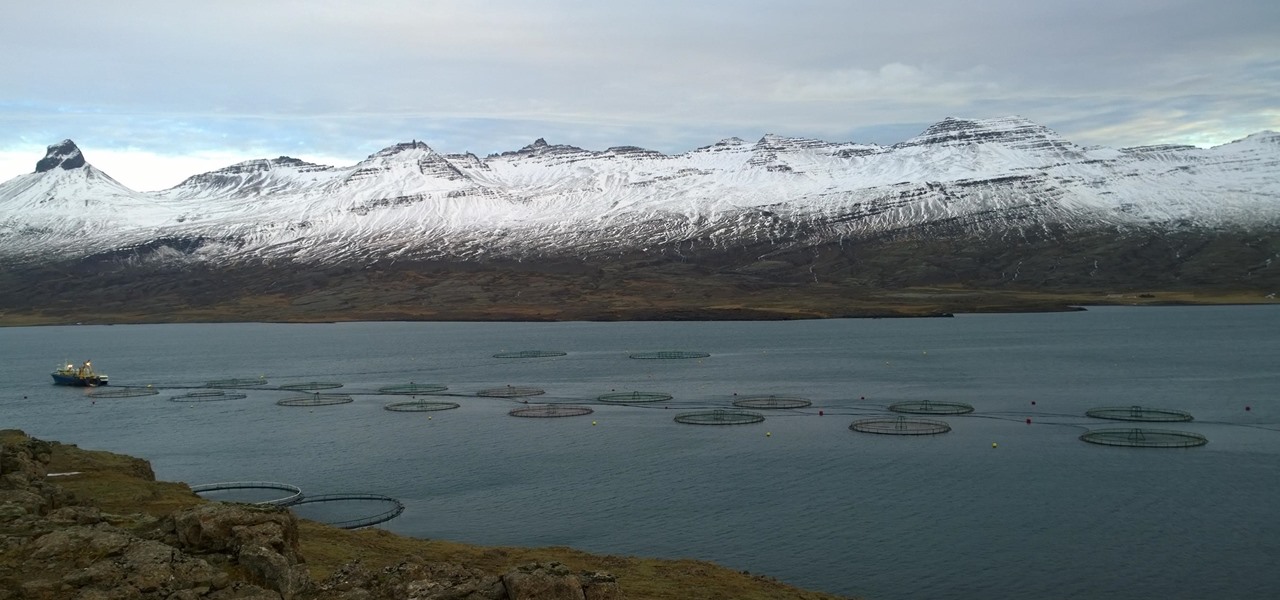
News: The Problem with Farmed Fish — Their Food Is Spreading Antibiotic Resistance
As the fish farming industry struggles to become more environmentally friendly, it just gained another problem. Fish food loaded with antibiotic-resistant genes.

News: How Gut Bacteria Could Set Off the Immune System in Rheumatoid Arthritis
As if the swollen, painful joints of rheumatoid arthritis weren't enough, the disease is the result of our immune system turning against cells of our own body. Ever since this realization, scientists have worked to find the trigger that sets the immune system off. Scientists believe that gut bacteria may have a role in initiating the abnormal immune response. Now, a team of researchers from Boston has figured out how that might occur.

News You Can Use: Map Shows Where Dogs & Humans Are at High Risk of Lyme Disease This Summer
Lyme is a growing threat as we move into warmer weather in the US. Researchers have said this year could be one of the worst for this tick-borne disease, as a skyrocketing mouse population and warmer temperatures increase the risk.
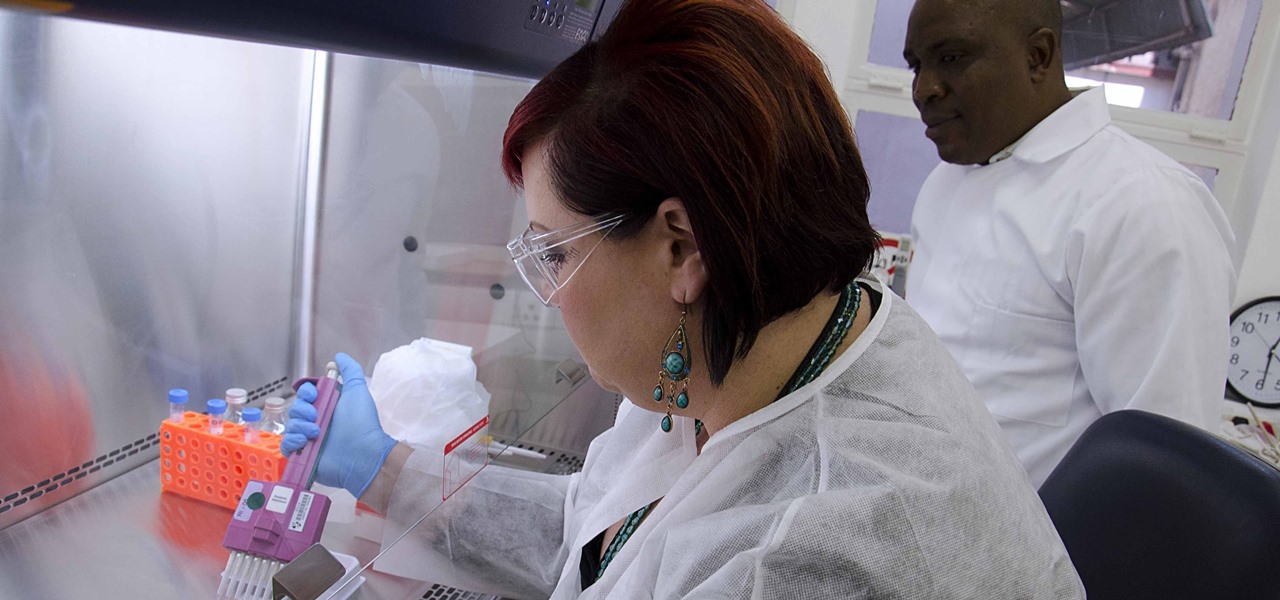
News: Latent HIV Can Hide, but Can't Escape Detection with New Test
HIV infections persist despite treatment that successfully decreases viral blood levels to the point where doctors can't detect the virus. But that doesn't mean the person is cured. The virus hides in the body, not replicating, just waiting for a chance to jump out of the shadows and reemerge.
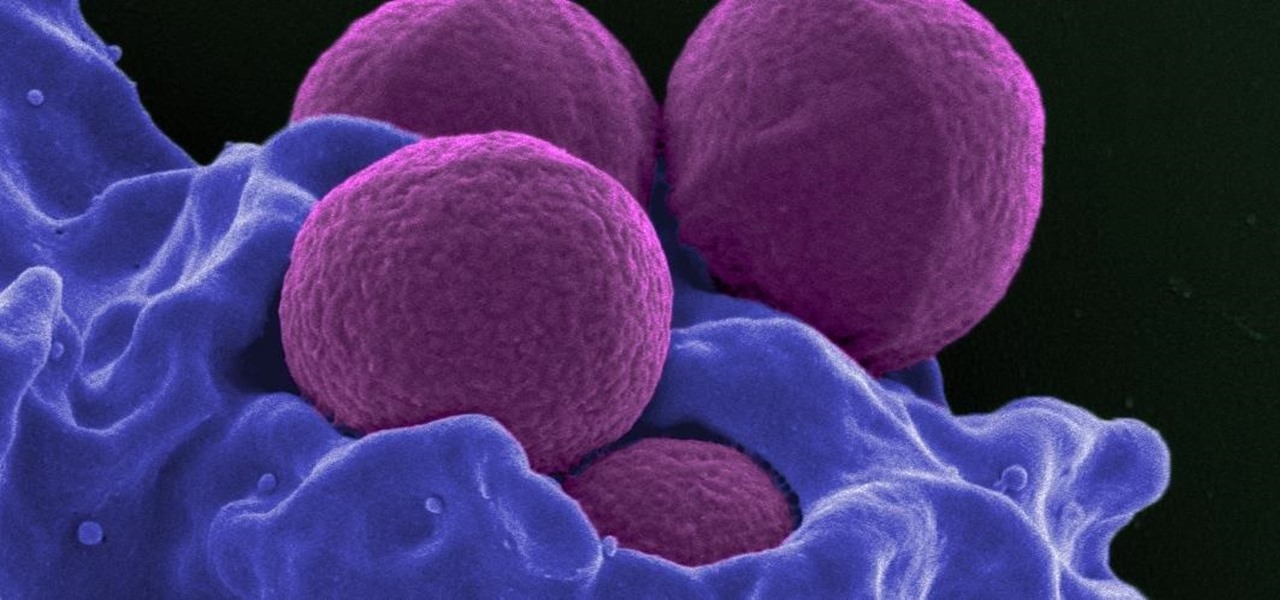
News: Happy News: Common Drugs May Save You from MRSA
Staphylococcus aureus is a widespread bacteria — about a third of us have it on our body right now — usually in our nose or on our skin. And it probably isn't causing an infection. But, about 1% of people who have Staphylococcus aureus present have a type that is resistant to the antibiotic methicillin.
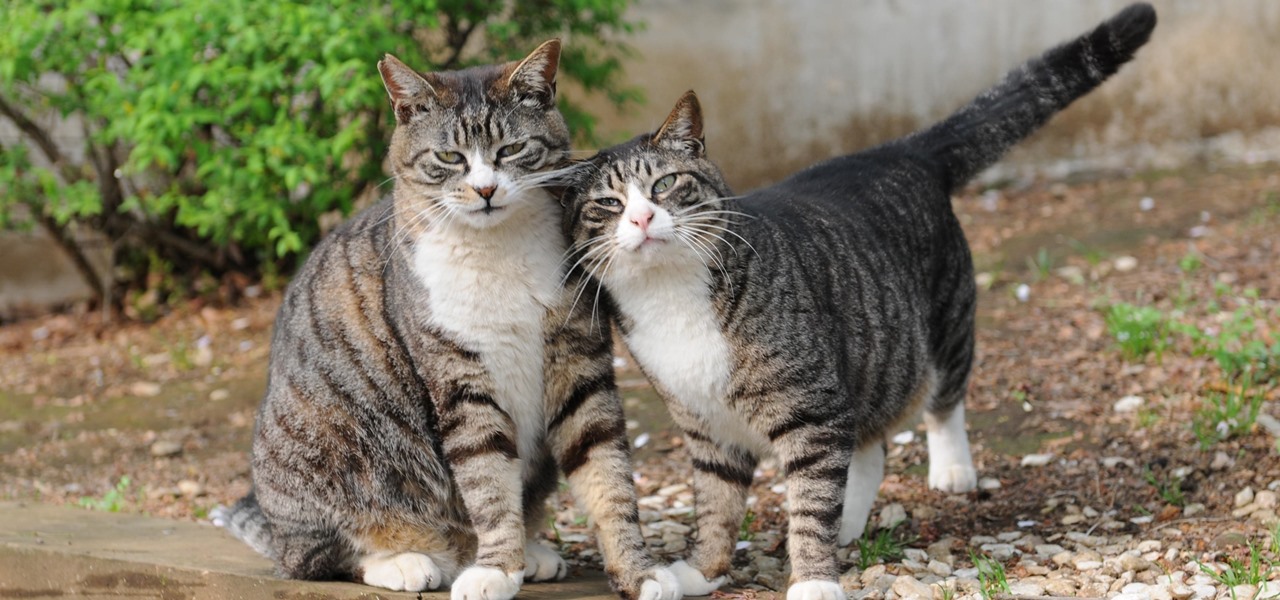
News: Another Good Reason to Keep Your Cat Indoors — Tick Bites Can Kill
Like humans, cats can suffer infections caused by ticks, and too often, the disease is fatal. Learn about tickborne diseases that affect cats and what you can do to protect Fluffy from an untimely demise.

News: Arizona Woman Dies After Catching Tularemia from Her Dog
On June 11, 2016, an Arizona woman died from what appeared to be several infections, including pneumonia. She likely caught at least one of these from her dog.

News: A Common Cancer-Causing Mono Virus Has a Special Trick to Hide from the Body's Defenses
Most of us have already had an encounter with the Epstein-Barr virus, or EBV, for short. As part of the herpes family, it's one of the most common disease-causing viruses in humans. We get the disease with (or without) some nasty symptoms, then we recover. However, EBV stays in our body after the illness has ended, and it's one of the few viruses known to cause cancer.
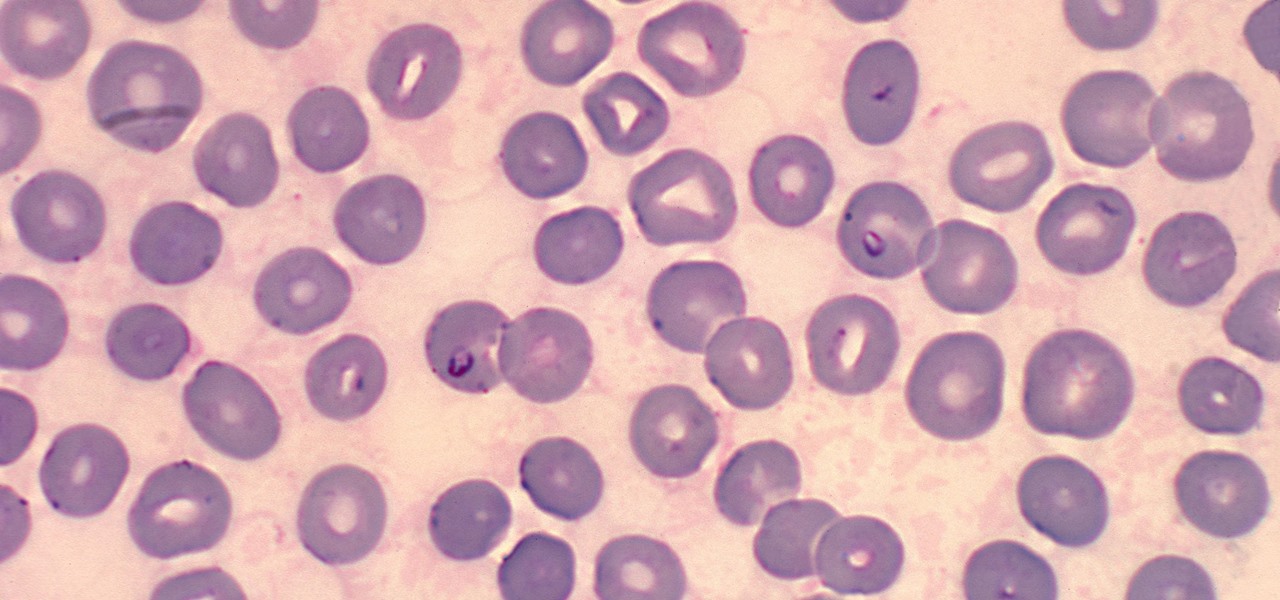
News: CDC Reports 2600% Increase in Tick-Borne Babesiosis Infections in Wisconsin in 12 Years
It is not just a bad summer for ticks — it has been a bad decade for the spread of tick-borne infections. New surveillance from the CDC reports rapid expansion and increase in cases of babesiosis, a sometimes life-threatening disease, in Wisconsin.
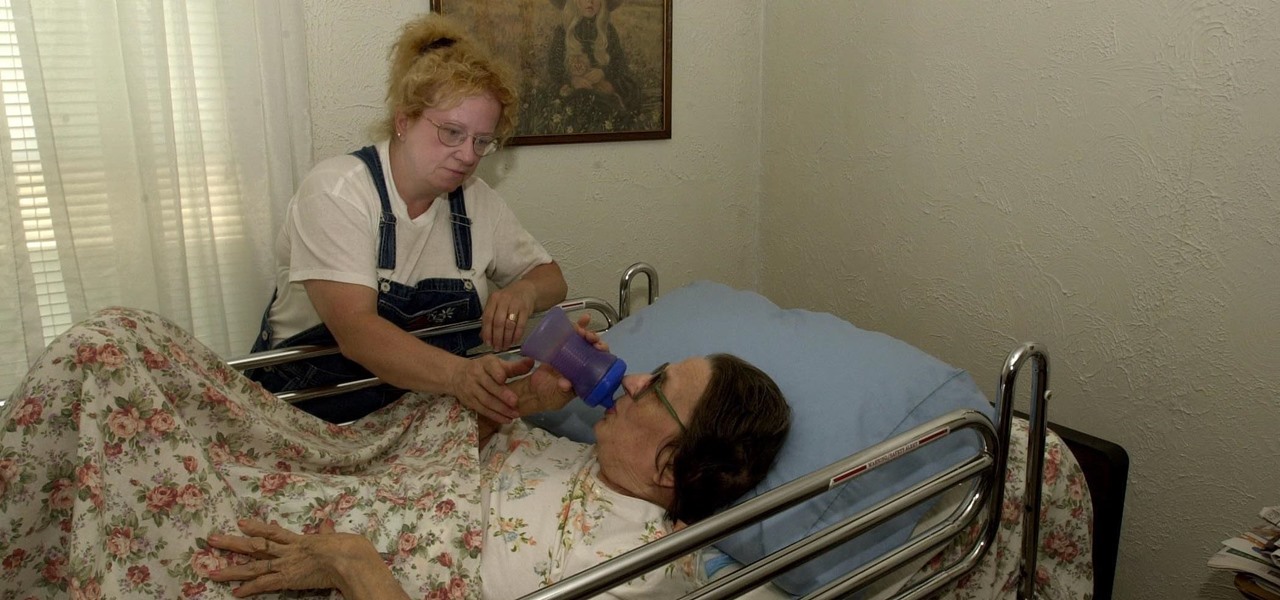
News: Some Treatments for 'Chronic Lyme' Are More Deadly Than the Disease Itself
While Lyme disease can be disabling, the wrong treatment for the infection can be fatal.

News: Dogs Could Be Spreading Antibiotic-Resistant Infections to Their Owners
Our canine best friends could spread our bacterial worst nightmare, according to a recent study. The problem with drug-resistant bacteria is well known. Overused, poorly used, and naturally adaptive bacteria clearly have us outnumbered. As science drives hard to find alternative drugs, therapies, and options to treat increasingly resistant infections, humans are treading water, hoping our drugs of last resort work until we figure out better strategies.
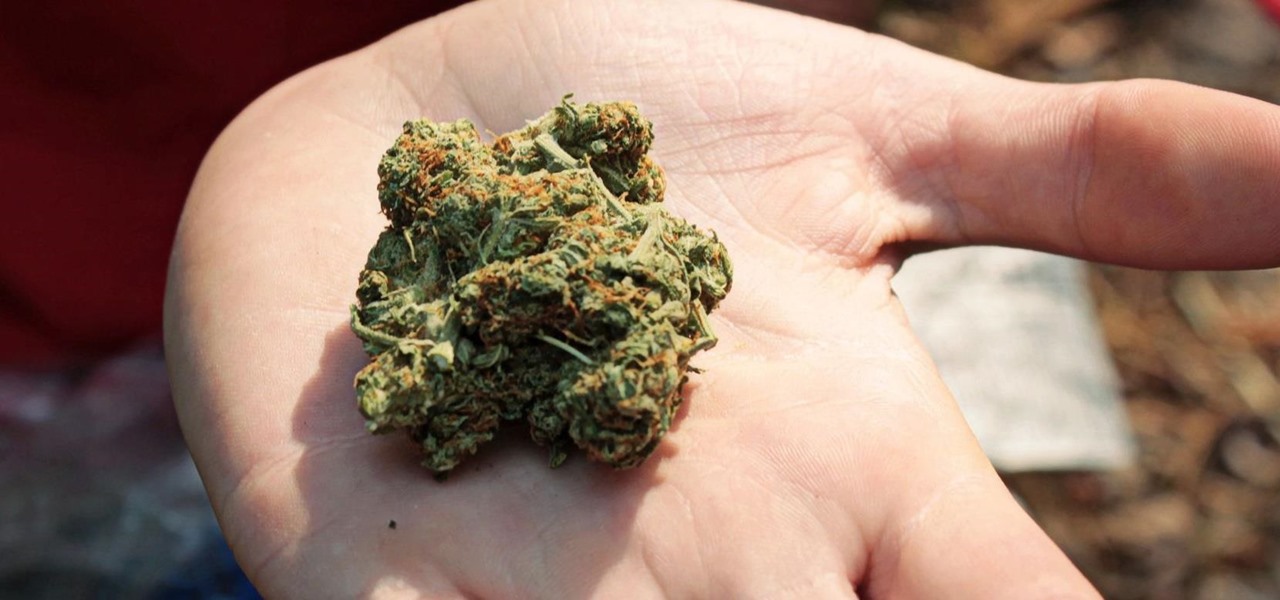
News: More Than 20 Pathogens Found Lurking in Medical Marijuana—Dosing Users with (Potentially) Deadly Fungus
Marijuana is legal to use for medical purposes in 28 states and the District of Columbia, but the quick development of this new industry could have left some regulation issues in the lurch.
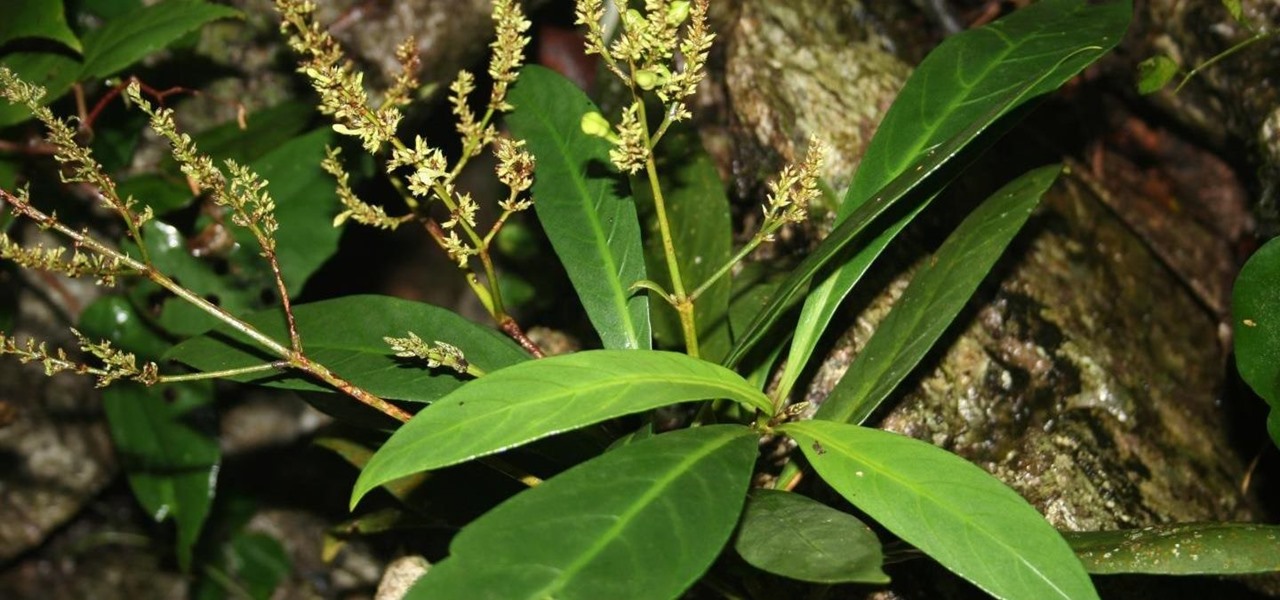
The Giving Plant: Same Asian Plant Used for Arthritis Treatment Gives Us Powerful HIV Drug
Natural remedies used through the ages abound, especially in Asian medicine. The willow-leaved justicia plant, found throughout Southeast Asia, has traditionally been used to treat arthritis, but scientists have just discovered it contains an anti-HIVcompound more potent than AZT. AZT was the first drug approved to treat HIV, and is still used in HIV combination therapy today.

News: Use This Type of Repellent to Avoid Mosquitoes—& Zika
Responding to the emergence of Zika in the US, researchers investigated what type of repellent works best to reduce your odds of a mosquito bite from Aedes aegypti, the mosquito species that spreads the Zika virus.

News: Scientists Are Using the Special Physics of Dragonfly Wings to Create Surfaces That Shred Bacteria on Contact
As drug-resistant bacteria become more commonplace, researchers are looking for new antibacterial strategies to disrupt disease-causing microbes. Some scientists are working to create new drugs, while others are trying out drug combinations. Another group, however, are ditching pharmaceuticals altogether and experimenting with non-drug alternatives.
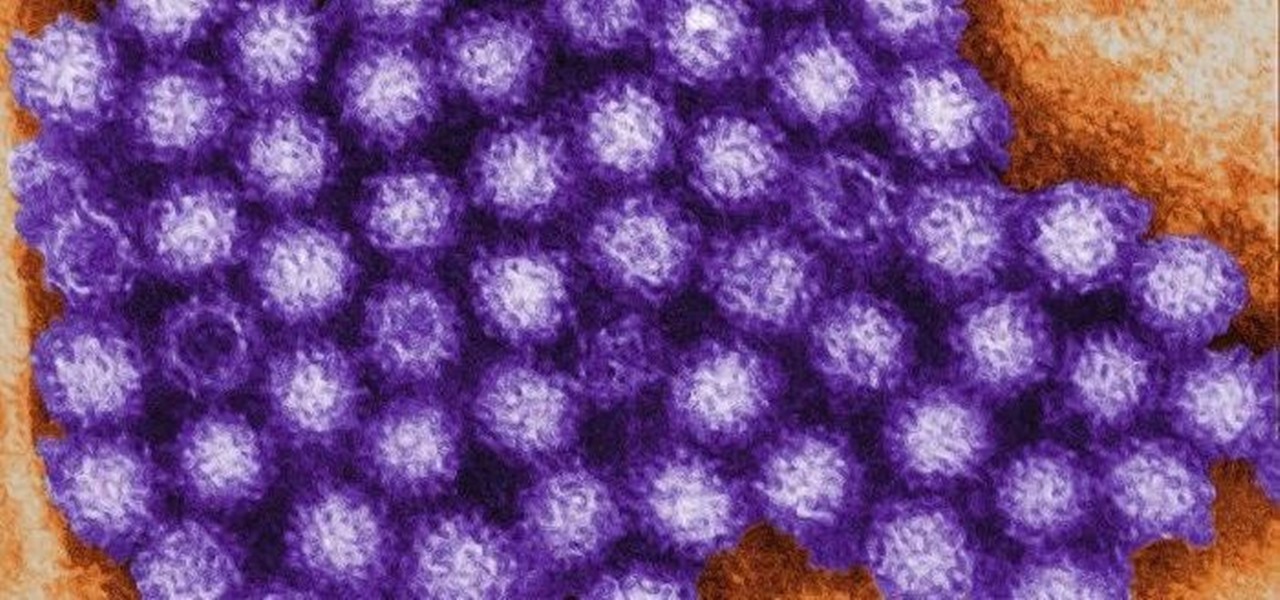
News: The Stomach Flu Is Not a Flu—Here's What You Really Have
Have you ever had the stomach flu, aka the 24-hour flu? Well, chances are high that you never had influenza, but an intestinal infection called gastroenteritis.
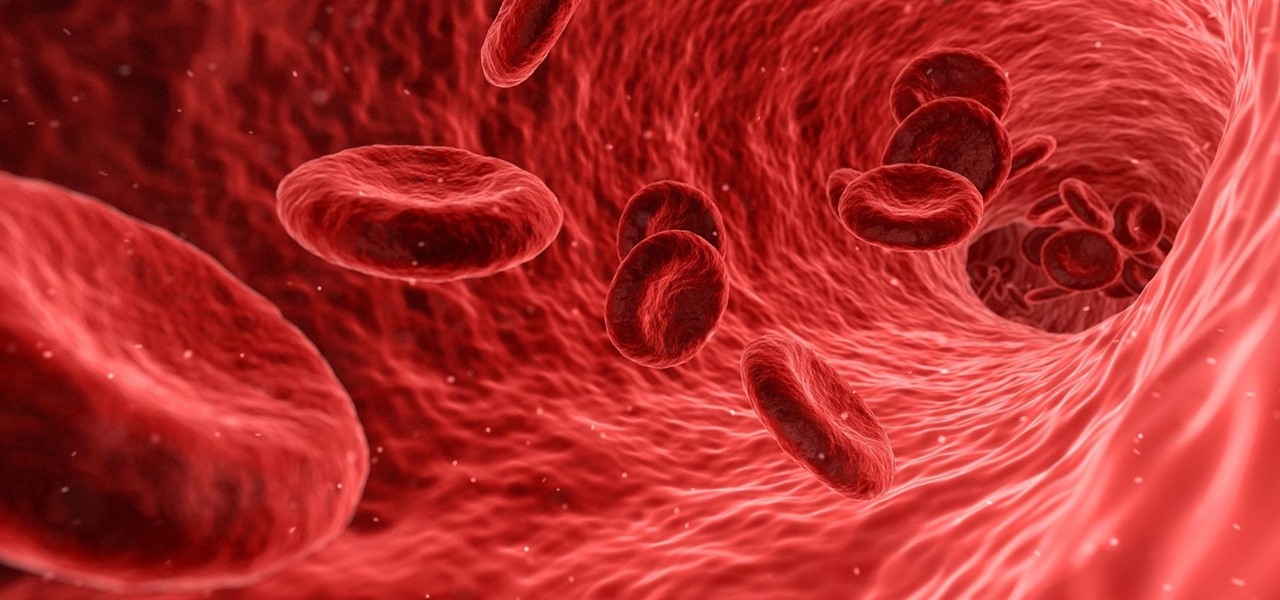
News: How Gut Bacteria Increase Your Risk of Heart Attack and Stroke
The evidence is mounting and is becoming indisputable: Gut bacteria play a role in strokes and heart attacks. The link may seem a little far-fetched, but cardiovascular disease may have less to do with what we eat and more to do with what chemicals gut bacteria make from the food we eat.

News: The Magic of Komodo Dragon Blood: The Stuff Legends — & Antibiotics — Are Made Of
Despite legends to the contrary, it appears that the saliva of a Komodo dragon is not teeming with pathogenic bacteria that kills their prey. Its reputation to survive while colonized with lots of horrible disease-causing bacteria, true or untrue, has made it the subject of research in pursuit of natural antimicrobial agents and led scientists to some remarkable findings.
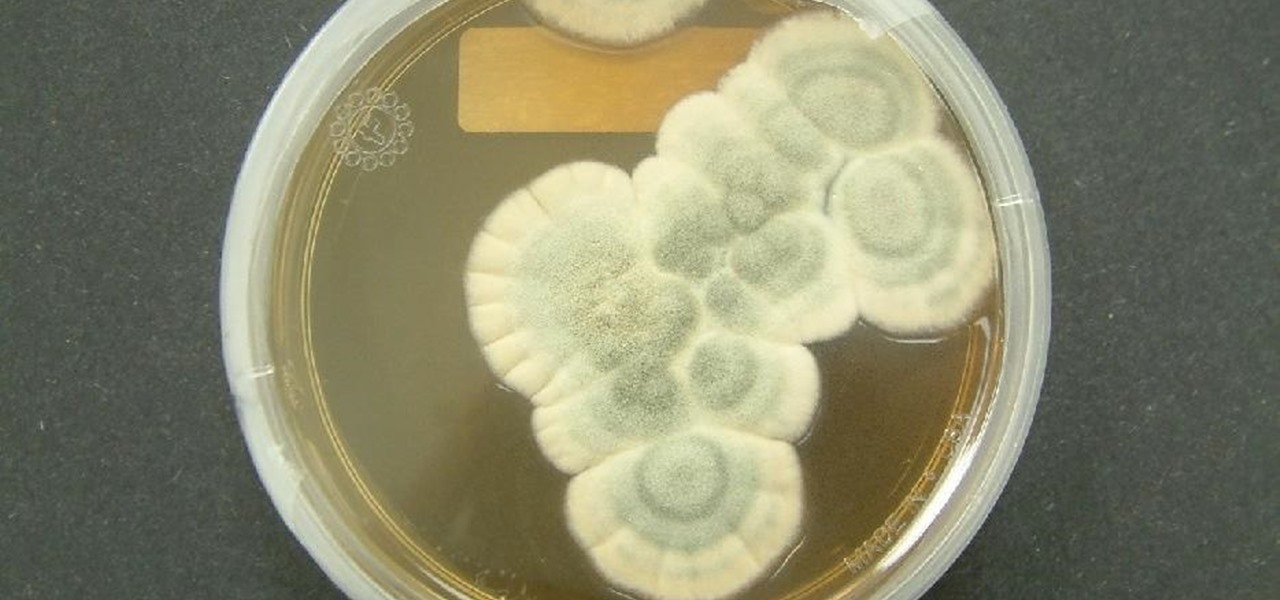
News: Your Doctor May Start Giving You Penicillin Even if You're Allergic
A new study has found that up to half of people who think they have a penicillin "allergy" can still receive the drug, and other antibiotics with similar structures, without any negative reactions to the meds. Why? Because they're not really allergic, doctors say.
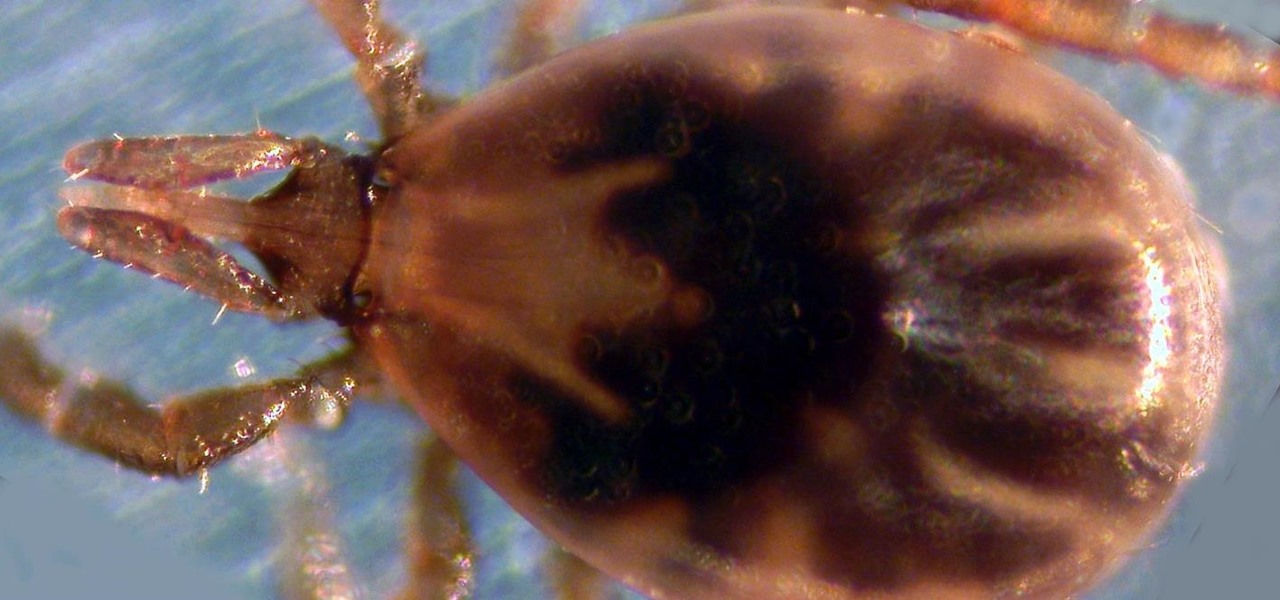
News: Visiting a National Park in the East? Watch for Lyme-Spreading Ticks
Transmitted by ticks, Lyme disease is a serious infection that is probably headed your way. A recent study confirms the pathogen that causes Lyme disease is now established in nine national parks in the East, including Acadia and Shenandoah National Parks.
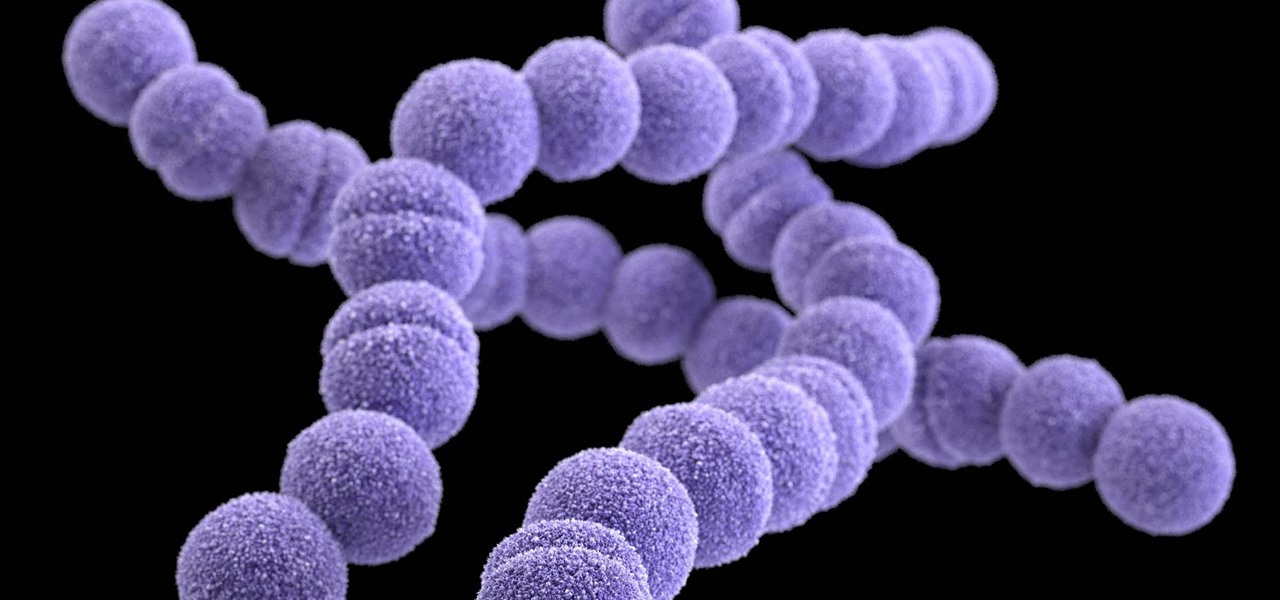
News: New Finding Shows How Deadly, Flesh-Eating Strep Toxins Help the Bacteria Burrow Deeper into Tissues
Where in the world did it come from? All of a sudden, one day, someone had an infection with flesh-eating bacteria. It captured headlines and worldwide attention because it was such a severe, strange, uncontrollable, and really disgusting condition.

News: Bed Bugs Are in a Lot of Hotel Rooms — Here's How to Spot Them
Bed bugs are brown and creepy. Could you spot one in your hotel room? A new study reveals most people are freaked out by bed bugs, but only about 35% could identify one.
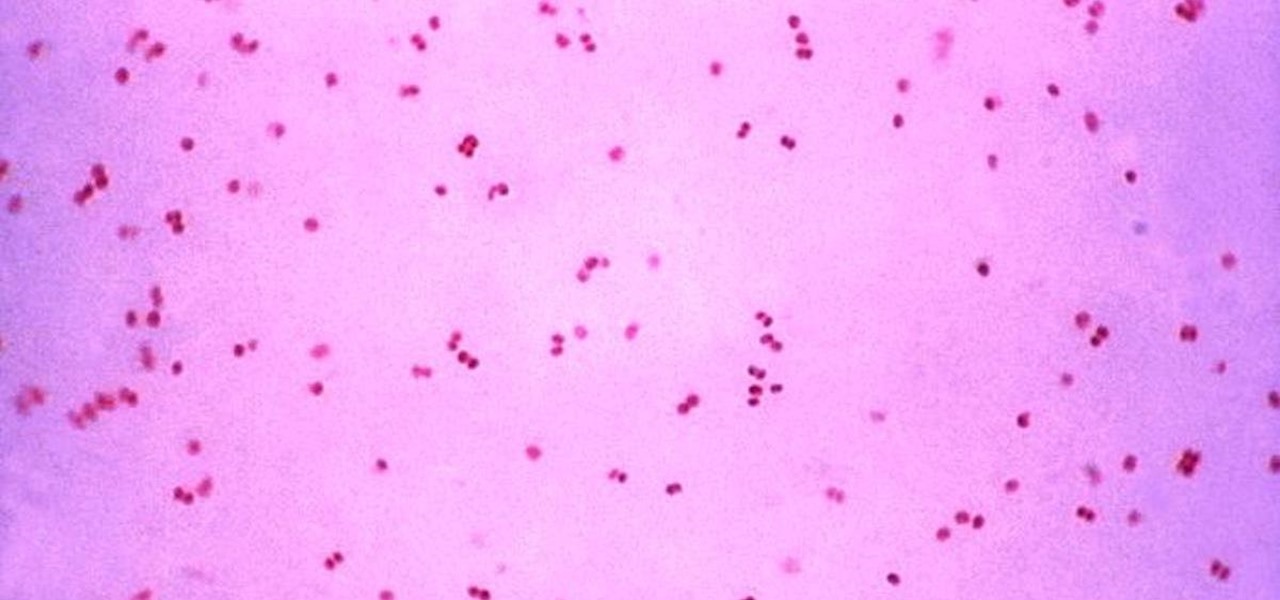
News: Finally, a New Drug Against 'Untreatable' Gonorrhea
Gonorrhea infections reached a peak in 1975, then decreased until 2009, when infection rate started rising and has increased each year since. With the rise of antibiotic resistance, those numbers are only going to get worse — unless we find new treatments against the bacteria.
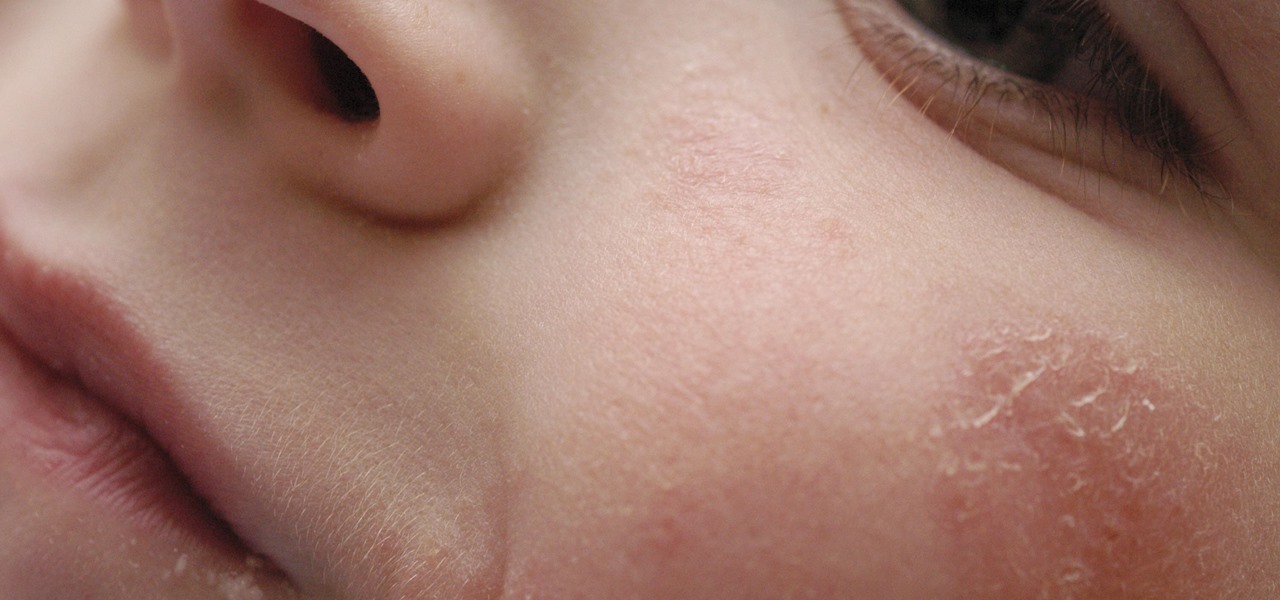
News: New 'Personalized Lotions' Made of Good Skin Bacteria Can Prevent Infections, Including MRSA
Most people know atopic dermatitis by its common name, eczema—that dry, flaky skin that itches incessantly. Along with the scratching comes frequent skin infections, often with Staphylococcus aureus.
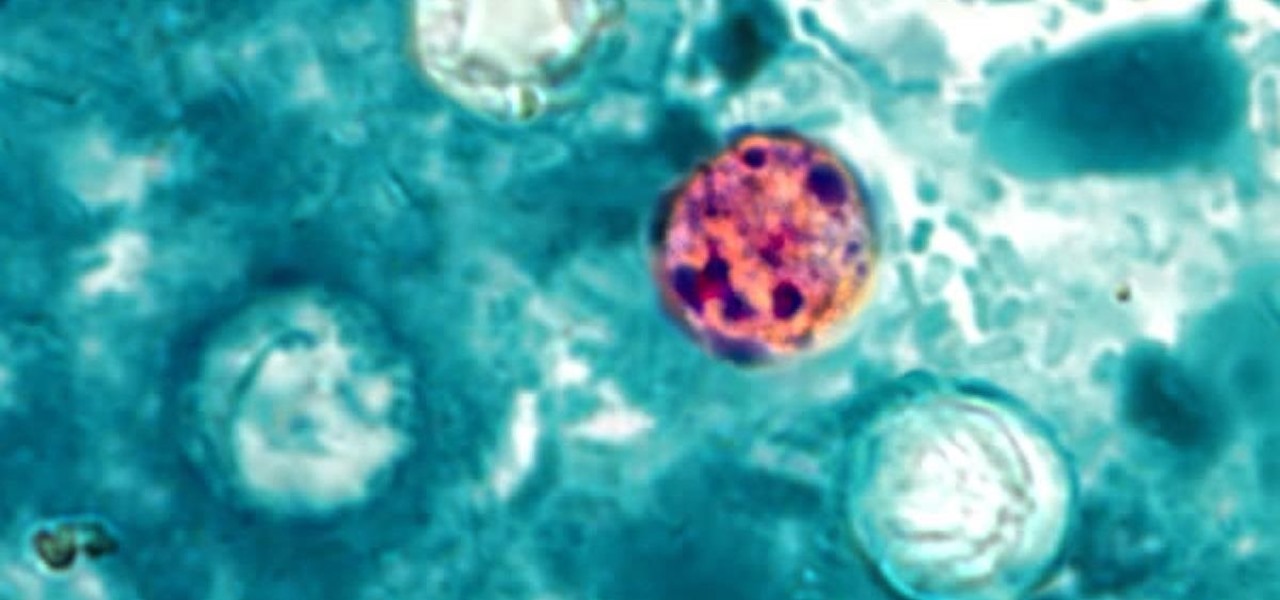
News: CDC Warns About a Big Spike in Cyclospora Infections — Here's What That Is & How to Avoid It
The intestinal parasite Cyclospora cayetanensis has a dramatically increased infection rate this summer, and the source is still unknown, the CDC advised today. 2017 is a good year for Cyclospora looking for homes to start their families and a bad year for those of us who don't like food-stealing tenants living in our bodies.

Space 'Shrooms: NASA Identifies What Kind of Fungi Could Grow in a Mars Habitat
Wherever there are people, the party is sure to follow. Well, a party of microbes, at least. That is what scientists at NASA's Jet Propulsion Laboratory have found after a 30-day microbial observation of the inflatable lunar/Mars analog habitat (IMAH).
